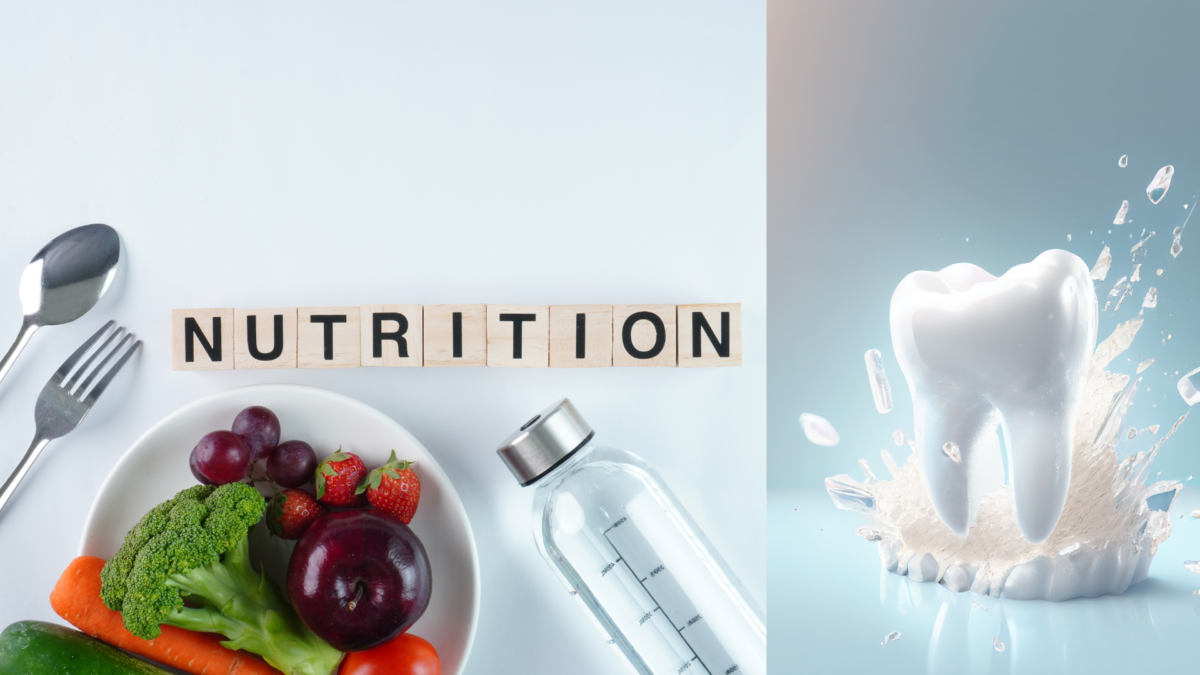
Oral health is a crucial component of overall well-being, and nutrition plays a pivotal role in maintaining it. Indian dental experts emphasize the importance of a balanced diet in preventing oral diseases and promoting dental health. This article delves into their insights and recommendations, providing valuable guidance for optimal oral hygiene.
A balanced diet rich in essential nutrients is fundamental for maintaining healthy teeth and gums. Indian dental experts highlight the significance of various vitamins and minerals that contribute to oral health. Calcium, phosphorus, vitamin D, and vitamin C are particularly important for strong teeth and healthy gums. A deficiency in these nutrients can lead to dental problems such as tooth decay, gum disease, and other oral infections.
Poor nutrition can have detrimental effects on oral health. High sugar intake, commonly found in sugary snacks and beverages, is a leading cause of tooth decay. Indian dental experts warn against the frequent consumption of sugary foods, as they contribute to the formation of plaque and cavities. Additionally, a diet lacking in essential nutrients weakens the immune system, making the body more susceptible to oral infections.
The traditional Indian diet, rich in fresh fruits, vegetables, whole grains, and dairy products, aligns well with the nutritional requirements for optimal oral health. Indian spices like turmeric and cloves also have anti-inflammatory and antimicrobial properties that benefit oral hygiene. Incorporating traditional dietary practices can significantly contribute to maintaining healthy teeth and gums.
Nutrition plays a crucial role in maintaining oral health, and a balanced diet is essential for strong teeth and healthy gums. Indian dental experts provide valuable insights and recommendations that highlight the importance of essential nutrients and a balanced diet in promoting dental health. By following these guidelines and incorporating traditional dietary practices, individuals can achieve and maintain optimal oral hygiene.